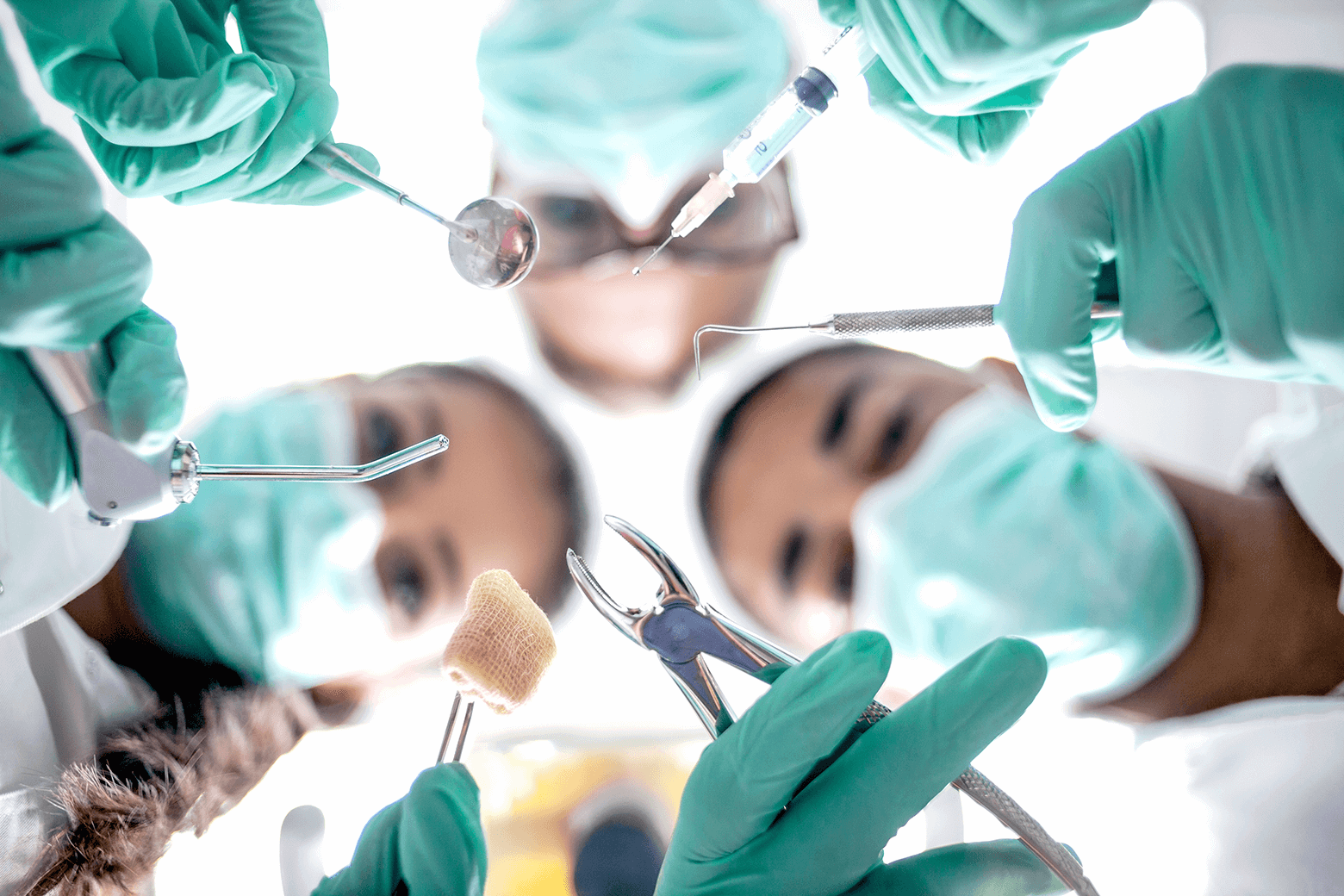
How to avoid dry socket
June 26, 2020 1:29 pmOral surgery is never fun, but it’s much less so when there are complications during recovery. One of the most painful issues after oral surgery are dry sockets. Dry sockets develop when the fragile blood clot your body develops over an extraction site becomes dislodged. These blood clots help protect your body as it heals. If they are dislodged, it exposes the fragile nerve and bone underneath. Dry sockets are painful, but they can usually be avoided. To help ensure your smooth recovery after oral surgery, our team at Uptown Dental in Dallas, TX has come up with the following five tips!
Follow Instructions
After every oral surgery, our team gives clear, detailed instructions to follow during recovery. Often, these instructions are individually tailored to your oral health and the type of procedure. Be sure to follow these instructions to avoid any complications. If you have questions, we’re always happy to help!
Rinse Carefully
Generally, we ask our patients to carefully rinse their mouths after oral surgery to help keep their mouth clean as it heals. Be sure you’re gently rinsing your mouth since vigorous swishing might dislodge a blood clot and lead to a dry socket.
Watch What You Eat
Your diet may be restricted after oral surgery. This is just to give your mouth a chance to heal without the chance of food injury to your extraction site. Soft foods like soups, beans, and mashed potatoes are great comfort foods that can nourish you as you heal.
Get Plenty of Rest
In the days following your surgery, you probably won’t have energy for much – and that’s a good thing! By getting plenty of rest, you are aiding your body as it heals.
Avoid Straws
Straws are a common culprit in causing dry sockets. Using a straw requires suction that can dislodge a fragile blood clot. Avoid using a straw until your surgery site has completely healed.
Compassionate Care at Uptown Dental
You can count on our Dallas team of dental professionals to take good care of you before, during and after your oral surgery. If you believe you’ve developed a dry socket or just notice an unusual or painful change in your mouth during recovery, call us immediately. Our team will work to help diagnose and treat the problem. To ask any questions or schedule your next appointment, contact us today!
Categorised in: Dry Socket
